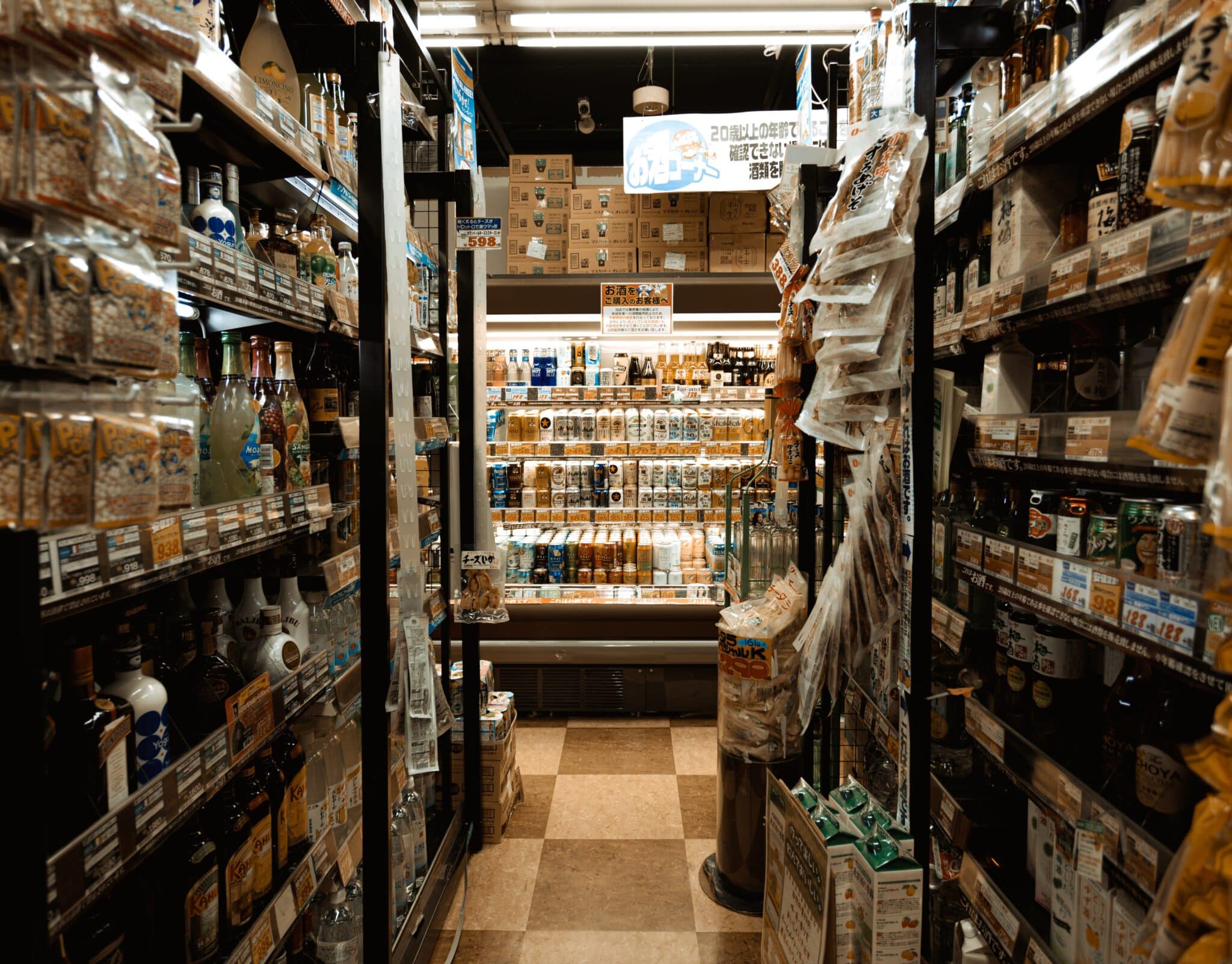Earlier this month WHYY published an article reviewing the results of a Bucks/Montco PFAS study with more than 1,000 residents who had their blood evaluated for what’s commonly known as “forever chemicals.” People living in the Horsham, Warminster, and Warrington areas exposed to these toxic chemicals are at increased risk of liver damage, kidney cancer, reproductive issues, and a weakened immune system, notes the Centers for Disease Control and Prevention.
This ought to be deeply alarming to everyone. But I am not here to target PFAS, I am here writing this column to inform our community of a much larger threat that is so ubiquitous and dangerous, yet we engage with it all day, every day.
Plastics.
In my new monthly column with the Bucks County Beacon, I plan to raise the alarm about the chemicals we engage with every single day and the environmental and health impacts from our dependence on plastics.
The more we can become conscious consumers, the better we can protect ourselves, our families, and our planet. Here’s the thing, it’s not just chemicals like PFAS that permeate the planet and our bodies because of unfortunate chemical spills, it more frequently occurs as a result of the incredible amount of everyday plastic products and packaging we’ve grown so accustomed to.
Anyone who knows me knows that I think single-use plastic in particular is one of the biggest threats we face in modern day society and it’s particularly dangerous because it’s integrated into everything we purchase. Think about your recent trip to the grocery store. How many items did you buy that were wrapped in plastic? When you are done, where does it go? How does it impact our health? Who is lobbying for our increasingly plastic world? And what can you do to reverse this trend? Groups like 5 Gyres Institute, Plastic Pollution Coalition, Upstream, Break free from Plastic and Beyond Plastics have been paving the way for the future shifts that need to happen regarding plastic reduction. I highly recommend listening to the latest webinar hosted by Beyond Plastic which featured Dr. Phillip Landrigan who is a pediatrician, public health physician, and epidemiologist. Dr. Landrigan drew parallels between the theory of Planetary Health and Public Health during his talk. He specifically honed in on the chemicals and additives in plastic and elucidated the lack of testing to assure these materials are safe.
Now many of us may have heard about not leaving a bottle of water in your vehicle on a hot day, but most of us don’t consider how leachable these chemicals actually are. We do not need a hot car, all we need is a plastic package and the contents it holds for these chemicals to start reacting. These materials don’t go away, they just break down into smaller and smaller particles called microplastics. These microscopic materials are found in our bodies, and in our oceans.
A few months back, I decided to set Google alerts to send me articles posted to the web. The terms I selected were: Plastic, PFAS, plastic chemical contamination, and plastic legislation. I thought I might get a few articles a week. Boy was I wrong! Every week I get a summary containing several dozens of articles covering these topics. Anyone can do this, you can do this for any topic that interests you in fact. What has become evident, the world is catching on.
The U.S. Senate recently held a committee hearing entitled, “Examining the Impact of Plastic Use and Identifying Solutions for Reducing Plastic Waste.” It was no surprise that the industry was there to defend itself. Despite the fact that leading testimony was provided by Dr. John Peterson Myers of Carnegie Mellon’s Chemistry Department illustrating how Endocrine Disruption occurs from the chemicals in plastic and how this leads to an increase in cancer, autism, and high cholesterol to name just a few, the plastics industry assured the committee that they would continue to grow and expand their production.
Moving forward this column will provide you with facts, sift through the Plastic Industry’s fictions, and offer ways to help transition to a plastic-free household, and from there hopefully a plastics-free state, country, and world.
People interested in participating in the PA PFAS Multi-site Health Study can call (877) 267-2890 or papfashealth@rti.org.






